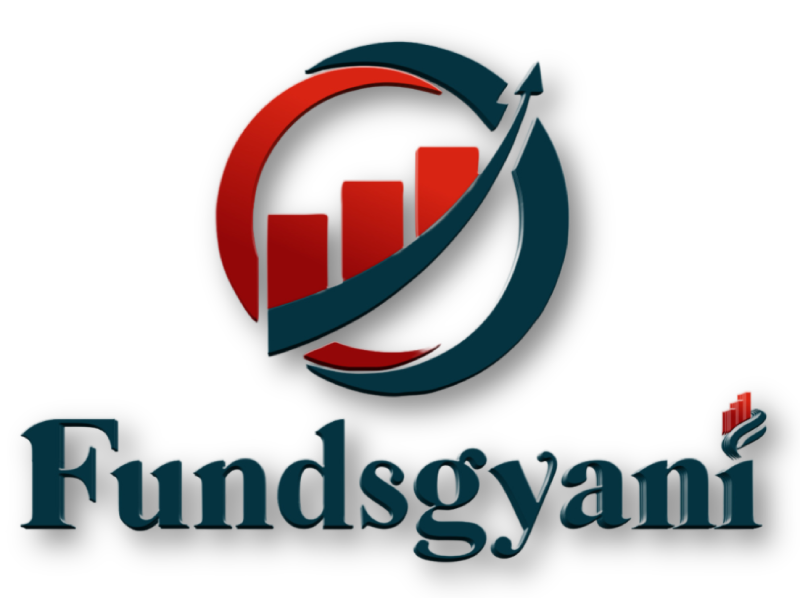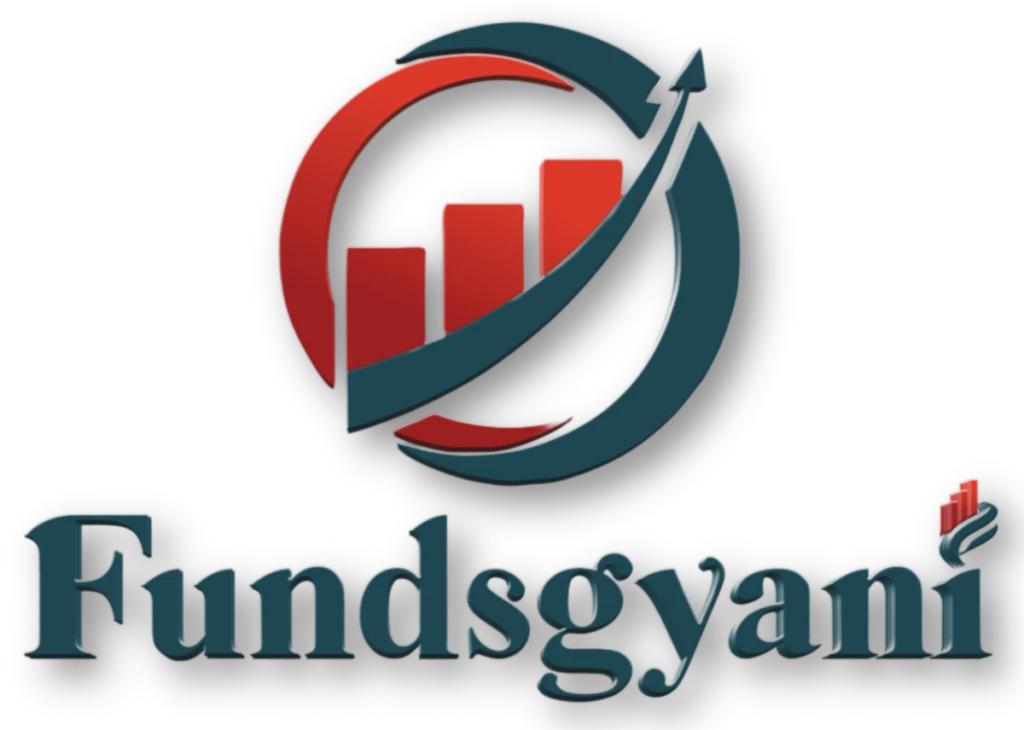PERSONAL LOAN

A personal loan is an unsecured loan provided by banks, financial institutions, or online lenders, which is typically used for personal expenses. Unlike secured loans, personal loans do not require collateral, meaning the borrower does not have to pledge an asset (such as a house or car) to secure the loan. Personal loans are usually offered based on the borrower’s creditworthiness, income, and financial history.
The loan is typically repaid in fixed monthly installments (EMIs) over a predefined tenure, which can range from 1 to 5 years, depending on the lender and loan agreement.
Since a personal loan is unsecured, it does not require collateral (like a house or car), making it an attractive option for those who may not have assets to pledge. However, this also means that lenders usually charge a higher interest rate compared to secured loans.
Key Features of Personal Loans:
Unsecured Loan: Personal loans do not require collateral. This means the borrower does not need to pledge any assets (e.g., home, car, etc.) to secure the loan. However, because the lender does not have collateral to fall back on, personal loans typically come with higher interest rates compared to secured loans.
Loan Amount: The loan amount for personal loans can vary depending on the lender, the borrower’s credit profile, and the purpose of the loan. The loan amount can range from a few thousand to several lakhs or more.
Interest Rate: Personal loans come with either a fixed interest rate (which stays the same throughout the loan term) or a variable interest rate (which may change over time based on market conditions). Interest rates for personal loans are typically higher than those for secured loans since they carry more risk for the lender.
Repayment Period: Personal loans typically come with repayment periods ranging from 1 to 5 years, though some lenders may offer longer terms. The shorter the loan term, the higher the monthly payment, but the less total interest paid over time. The longer the loan term, the lower the monthly payments but higher total interest costs.
Monthly Payments (EMI): The loan is usually repaid in equated monthly installments (EMIs), which are fixed payments that include both principal and interest. The EMI amount depends on the loan amount, interest rate, and loan tenure.
Quick Disbursal: Personal loans are often disbursed quickly, sometimes within a few hours to a few days, depending on the lender and the application process. This makes them ideal for urgent financial needs.
Flexible Usage: The funds from a personal loan can be used for almost any purpose, including debt consolidation, medical emergencies, home renovation, education expenses, wedding costs, travel, or even purchasing a major item like a car or appliance.
Types of Personal Loans:
Unsecured Personal Loans: These are the most common type of personal loan, where the borrower does not have to pledge any collateral. The loan is granted based on the borrower’s credit score, income, and financial history.
Secured Personal Loans: Some personal loans may require collateral (e.g., a car or property) to back the loan. These loans typically have lower interest rates compared to unsecured personal loans since the lender has collateral to secure the loan.
Debt Consolidation Loan: This type of personal loan is used to combine multiple high-interest debts (such as credit card debt) into one loan with a lower interest rate. This helps reduce the borrower’s monthly payments and simplify debt management.
Short-Term Personal Loans: These loans are meant to be repaid within a short period, usually within one year or less. They are often used for emergency situations where quick access to funds is needed.
Payday Loans: These are short-term loans designed to cover immediate expenses, often with very high-interest rates. These loans are typically due on the borrower’s next payday.
Advantages of Personal Loans:
No Collateral Required: Since personal loans are unsecured, there is no need to pledge assets like a home or car. This makes personal loans accessible to a wider range of borrowers.
Flexible Usage: The loan can be used for a wide variety of personal expenses, such as consolidating debt, paying for a wedding, home improvements, or medical expenses, making it a versatile financial tool.
Quick Access to Funds: Personal loans are typically processed faster than other types of loans, making them a convenient option when you need immediate access to money.
Fixed Repayment Terms: With fixed interest rates and EMIs, personal loans allow borrowers to plan their finances better by knowing the exact monthly payments over the loan’s tenure.
Improve Credit Score: Taking out a personal loan and repaying it on time can help improve your credit score by showing that you can handle debt responsibly.
Lower Interest Rates Than Credit Cards: Personal loans often offer lower interest rates compared to credit cards, especially if you have a good credit score. This makes them a good option for consolidating high-interest credit card debt.
Eligibility for a Personal Loan:
Eligibility for a personal loan varies depending on the lender, but common criteria include:
- Age: Typically, the borrower must be at least 21 years old and not older than 60 or 65 (depending on the lender) at the time of loan maturity.
- Credit Score: A good credit score (usually above 650) is important for getting approval and obtaining a loan at favorable terms. Lenders use the credit score to assess the borrower’s risk profile.
- Income: Lenders will evaluate the borrower’s income and employment stability to ensure they can afford the monthly loan payments. A steady income source is usually required.
- Employment Status: Both salaried and self-employed individuals can qualify for personal loans, though salaried employees may find it easier to get approved.
- Existing Debt: Lenders assess your debt-to-income ratio to see if you are overburdened with existing debt. If you already have high levels of debt, it may be more difficult to get approved for a personal loan.
Conclusion:
A personal loan is a versatile financial tool that can help borrowers meet various financial needs, from consolidating debt to covering emergencies or large personal expenses. While personal loans offer quick access to funds and flexible repayment terms, they also come with higher interest rates compared to secured loans, and failure to repay them on time can negatively impact your credit score. It’s important to carefully assess your financial situation and choose the right personal loan for your needs.

